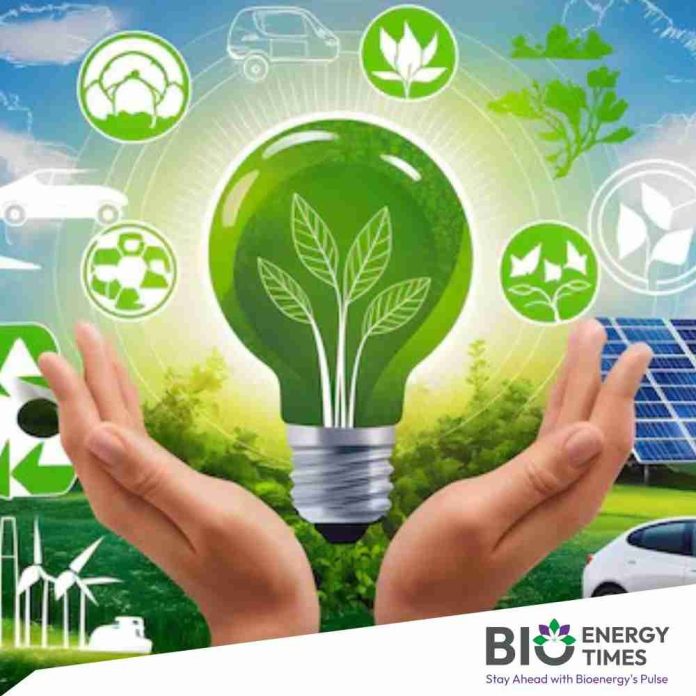India is set to experience a major surge in energy storage capacity, with projections showing a 12-fold increase to approximately 60 GW by FY32, according to a recent SBI report. This growth is expected to outpace the expansion of renewable energy (RE) sources themselves, signaling a transformation in the country’s energy landscape.
The share of renewable energy projects incorporating energy storage solutions has grown significantly, from just 5% in FY20 to 23% in FY24. As the share of variable renewable energy (VRE) in India’s power generation is expected to triple by FY32, concerns are rising over grid stability. The rapid growth of VRE could destabilize the grid unless the power system undergoes a substantial transformation, particularly through the integration of Energy Storage Systems (ESS).
One of the key challenges India faces is the mismatch between the generation of VRE and peak power demand. This often leads to grid instability, with excess energy during peak production hours and ongoing reliance on fossil fuels when renewable energy sources are not available. ESS, such as Battery Energy Storage Systems (BESS) and Pumped Storage Projects (PSP), provide solutions by storing surplus renewable energy during peak production and releasing it during high-demand periods, helping to stabilize the grid.
BESS is expected to become the dominant technology in the energy storage market due to its locational flexibility, quick response times, and declining costs as technology improves. By FY32, BESS capacity is expected to soar by 375 times to 42 GW, while PSP capacity is set to grow four-fold to 19 GW. While PSPs face challenges such as long development times and the risk of stranded assets, their low operational costs and ability to generate reactive power make them a critical component for peak shaving and maintaining grid stability.
However, a major hurdle remains in India’s domestic production of battery cells and components. Currently, around 80% of BESS costs are attributed to battery cells and related components, most of which are imported from China. Strengthening India’s battery manufacturing ecosystem will be key to reducing reliance on imports and bolstering the country’s energy storage capabilities. Significant investments are already underway, with major players announcing plans for around 120 GWh of cell manufacturing capacity. More investment will be needed to meet the projected demand.
The funding potential for the BESS ecosystem is substantial, with an estimated Rs 3.5 trillion opportunity through FY32, driven by both project-level investments and the growth of upstream manufacturing. While PSPs have a slower growth trajectory due to their long gestation periods, they are still expected to contribute Rs 1.2 trillion in investment by FY32.
In addition, private sector interest in pumped storage projects is on the rise, with several Memorandums of Understanding (MoUs) signed with state governments. States such as Andhra Pradesh and Maharashtra, with significant potential for both VRE and PSP, are expected to lead in terms of investment and viability.
For detailed information and further insights, please refer to BioEnergyTimes.com, which provides the latest news about the Biomass Industry















